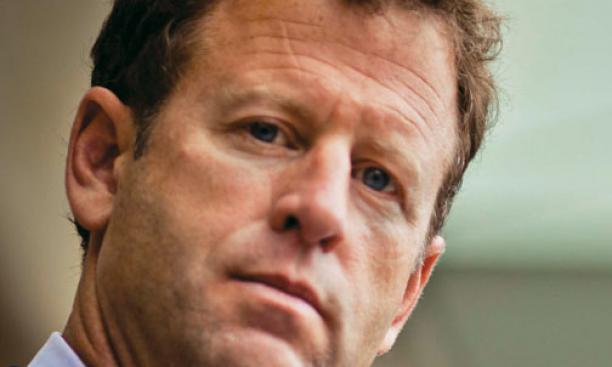

For more than two decades, Michael O’Hanlon ’82 *91 has studied and written about American defense and foreign policy — as an analyst for the Congressional Budget Office, a member of the external advisory board of the Central Intelligence Agency, a senior fellow and director of research for the Brookings Institution, and the author of 11 books. O’Hanlon, who also is a visiting lecturer at the Woodrow Wilson School, surveyed the changing world scene — as of the end of September — for PAW.
How do Barack Obama and Mitt Romney differ on foreign policy?
On two-thirds of all issues, the differences are not that stark. Romney wants to be more hawkish toward Iran, but until you have sat in the Oval Office and decided to commit the United States to actions that could lead to a prolonged war, campaign rhetoric that is tough but nonbinding can be taken only so seriously. On defense spending, I would say that the differences between them are significant, but not radical. They are closer to each other than either is to, say, the level of military spending during the Clinton administration.
Ironically, although these guys want us to believe that they’re fairly different in how they view the world — because Obama wants to be seen as the effective multilateralist, where Romney wants to be seen a realist who is tough against his adversaries — when you look issue by issue, the differences aren’t that great.
President Obama has been accused of apologizing for America. Do you agree?
I think the apologist label is silly. I was never a big fan of Obama’s rhetoric because I thought it sometimes sounded too hopeful and ambitious, maybe even naïve, but I never thought it sounded apologetic. In his June 2009 Cairo speech, I thought he tried to rethink history with a more understanding eye toward the Islamic perspective, but I didn’t see any apology in that. I thought his 2009 Nobel Peace Prize was extremely premature, but he reassured me when he gave a tough acceptance speech in which he explained the need for force in the world.
Did Obama mishandle the Arab Spring?
I think the administration handled it pretty well, with the exception of Syria. President Obama has had a real aversion to nation-building after the old regimes were overthrown, so I would criticize him, in the case of Libya, Egypt, and Yemen, for not working with those countries to help get their new governments on their feet and prop up their economies. Even so, our relationship with Egypt is much better than I would have predicted when Mubarak was pushed out. I thought it was likely that we would see a much more radically anti-American regime take over. Mohamed Morsi, the new Egyptian president, is a guy we can work with.
Have the sanctions on Iran been successful?
They have been successful in applying pain, but they have not been successful in slowing the Iranian nuclear program. We don’t seem to have persuaded the Iranians to stop it, and there has been no progress in negotiations. But I’m not sure we could have done better.
Under what conditions would a strike against Iran be justified?
If the Iranians kicked out the weapons inspectors and so gave us reason to think they were enriching uranium to 90 percent, or if they built big new reactors that could produce a lot of plutonium to make a lot of bombs per year, then I think we should attack. But if they keep enriching uranium at current levels, then I think we should not strike.
How much would budget sequestration [cuts scheduled to take effect because Congress couldn’t agree on a deficit-cutting plan] hurt our military preparedness?
I don’t like sequestration because I think it’s a blunt instrument of policy. It’s a sledgehammer as opposed to a scalpel. Also, if sequestration takes place and then there are even more budget cuts on top of that, you could reduce military spending below what I think is needed to protect our overseas interests. Having said that, if sequestration kicked in for a month or two, it would not be the end of the world. I could imagine other things being even less appealing, such as failing to resolve the deficit and debt crisis.
— Interview conducted and condensed by Mark F. Bernstein ’83
